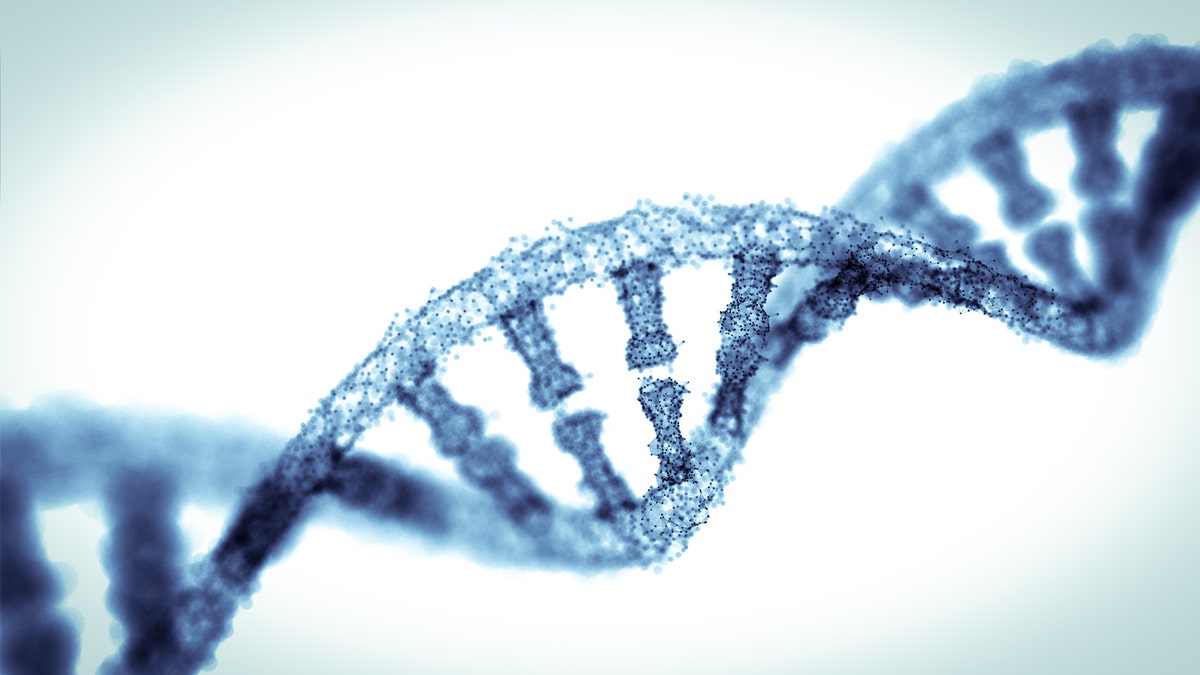
blue double helix models on background (from2015)
Scientists have successfully edited the genes of human embryos in the United States, a controversial step toward the future of helping newborns avoid inherited disease.
The experiment was initially just an exercise in science – the embryos were not allowed to develop for more than a few days and were never intended to be implanted into a womb, according to MIT Technology Review, which first reported the news.
The work occurred at the Oregon Health & Science University, which confirmed the experiment. Officials at the school said the results would be published in a journal shortly. It is thought to be the first work in the U.S.; previous experiments like this have been reported from China. How many embryos were created and edited in the experiments has not been revealed.
NEW FDA COMMISSIONER WANTS TO LOWER DRUG PRICES BY INCREASING COMPETITION
The scientists reportedly used a technique called CRISPR, which allows specific sections of DNA to be altered or replaced. With gene editing, these so-called “germline” changes are permanent and would be passed down to any offspring.
The research holds great potential to avoid many genetic diseases, but has raised fears of “designer babies” if done for less lofty reasons, such as producing desirable traits.
Last year, Britain said some of its scientists could edit embryo genes to better understand human development.
Earlier this year, the National Academy of Science and National Academy of Medicine in the U.S. said in a report that altering the genes of embryos might be fine if done under strict criteria aimed at preventing serious disease.
"This is the kind of research that the report discussed," University of Wisconsin-Madison bioethicist R. Alta Charo said of the report of Oregon's work. She co-led the National Academies panel but was not commenting on its behalf Thursday.
BABY SAVED BY FIRST-OF-ITS-KIND IN UTERO SURGERY
"This was purely laboratory-based work that is incredibly valuable for helping us understand how one might make these germline changes in a way that is precise and safe. But it's only a first step," she said.
"We still have regulatory barriers in the United States to ever trying this to achieve a pregnancy. The public has plenty of time" to weigh in on whether that should occur, she said.
The Associated Press contributed to this report.